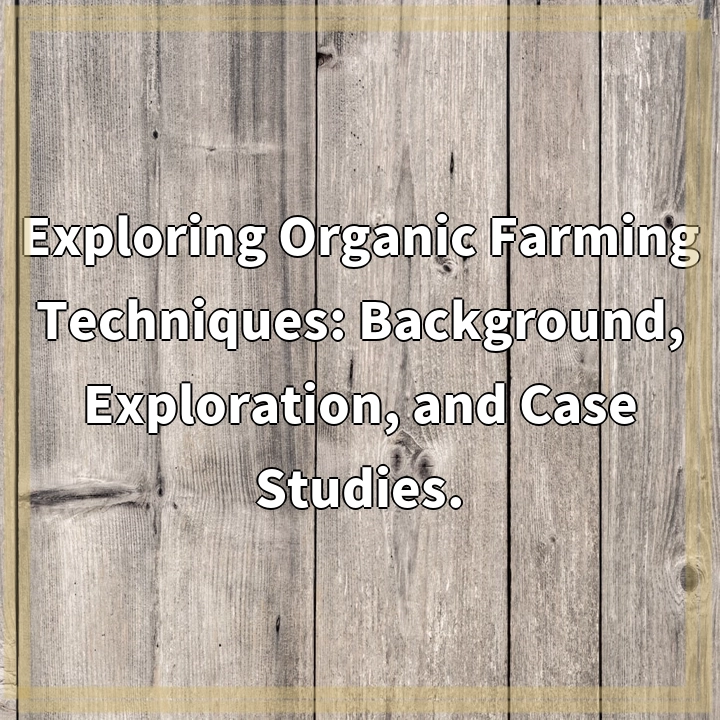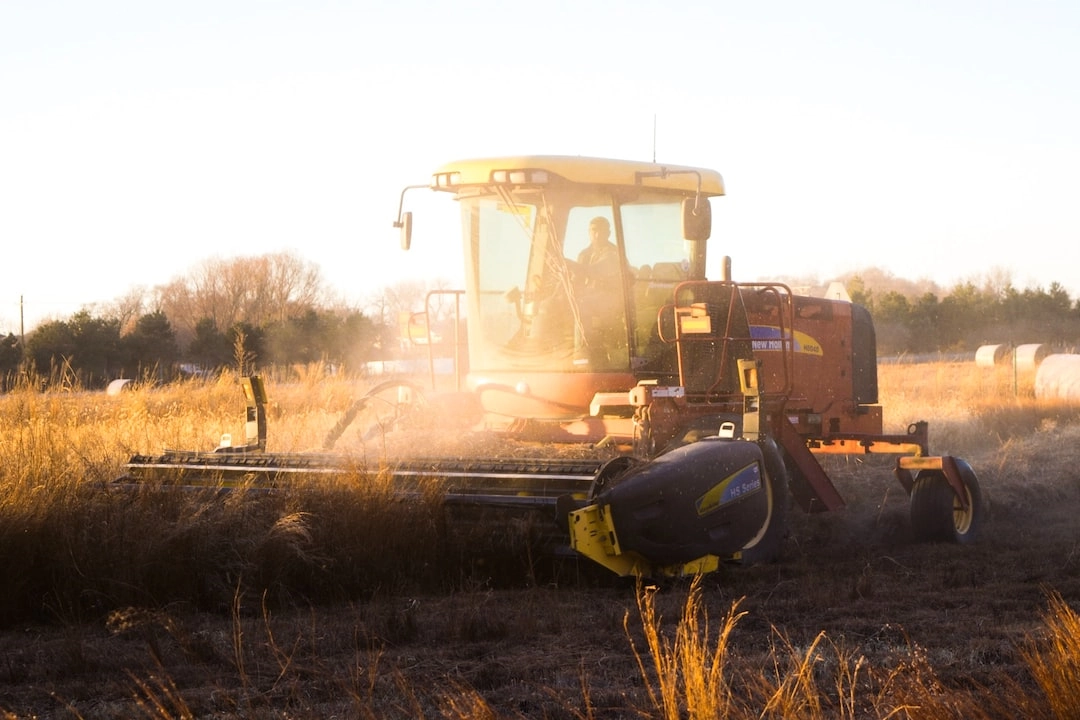
What is Organic Farming?
Organic farming is an agricultural practice that emphasizes the use of natural processes and techniques to cultivate crops and raise livestock. It aims to minimize the use of synthetic inputs like chemical fertilizers, pesticides, and genetically modified organisms (GMOs), and instead focuses on enhancing soil health, biodiversity, and ecological balance. Organic farmers employ methods such as crop rotation, composting, and biological pest control to maintain the sustainability and integrity of the farming system.
Real-World Problems Associated with Organic Farming
While organic farming has numerous benefits for the environment and human health, it also faces certain challenges and limitations that need to be addressed. Understanding these problems is crucial for promoting the growth and adoption of organic farming practices.
1. Limited Yields
One of the key challenges with organic farming is its relatively lower crop yields compared to conventional farming methods. Organic farmers rely on natural fertilizers, which take longer to release nutrients and may not provide plants with the same level of immediate nutrition as synthetic fertilizers. Additionally, the use of organic pest control methods might not always be as effective in preventing crop damage, resulting in lower yields in some cases.
2. Pest and Disease Management
Organic farmers face difficulties in managing pests and diseases without the use of synthetic chemical pesticides. While methods like crop rotation, companion planting, and biological controls can help reduce pest and disease pressures, they may not completely eliminate these issues. Organic farmers must stay vigilant in monitoring and managing pests and diseases to minimize crop losses and maintain productivity.
3. Certification and Market Access
Obtaining and maintaining organic certification can be a complex and costly process for farmers. Organic standards vary between countries and regions, and compliance with these standards requires strict adherence to specific practices and protocols. Additionally, accessing organic markets and securing fair prices for organic produce can be challenging, as the demand for organic products often fluctuates, and distribution and marketing networks may be limited.
4. Weed Control
Organic farmers face challenges in effectively controlling weeds without the use of synthetic herbicides. While cultural practices like mulching, hand weeding, and mechanical tillage can help manage weeds, they can be labor-intensive and time-consuming. Especially in larger-scale organic farms, implementing efficient and cost-effective weed control measures remains a significant challenge.

Solutions to Real-World Problems in Organic Farming
While organic farming poses challenges, several solutions can help address these issues and promote the growth and success of organic farming practices.
1. Improved Research and Innovation
Investing in research and innovation specific to organic farming can lead to the development of improved organic seeds, farming techniques, and pest and disease management strategies. This will help enhance productivity, crop resilience, and overall farm efficiency, ultimately leading to increased yields in organic farming.
2. Knowledge Sharing and Training
Providing organic farmers with access to education, training programs, and knowledge sharing platforms is crucial for disseminating best practices and successful strategies. Training programs can equip farmers with the necessary skills and knowledge to optimize organic farming techniques, manage pests and diseases effectively, and improve overall farm management.
3. Supportive Policies and Incentives
Government policies and incentives can play a significant role in promoting and supporting organic farming. Providing financial incentives, grants, and subsidies for organic farmers can help offset the costs associated with organic certification, research, and transition to organic practices. Additionally, implementing regulations and standards that support organic farming practices can ensure the integrity and credibility of the organic market.
4. Market Development and Consumer Awareness
Developing robust market channels for organic produce and raising consumer awareness about the benefits of organic farming can create greater demand for organic products. This can be achieved through targeted marketing campaigns, labeling initiatives, and collaborations with retailers, restaurants, and institutions to promote organic options. Increased demand will provide organic farmers with better market access and economic opportunities.















